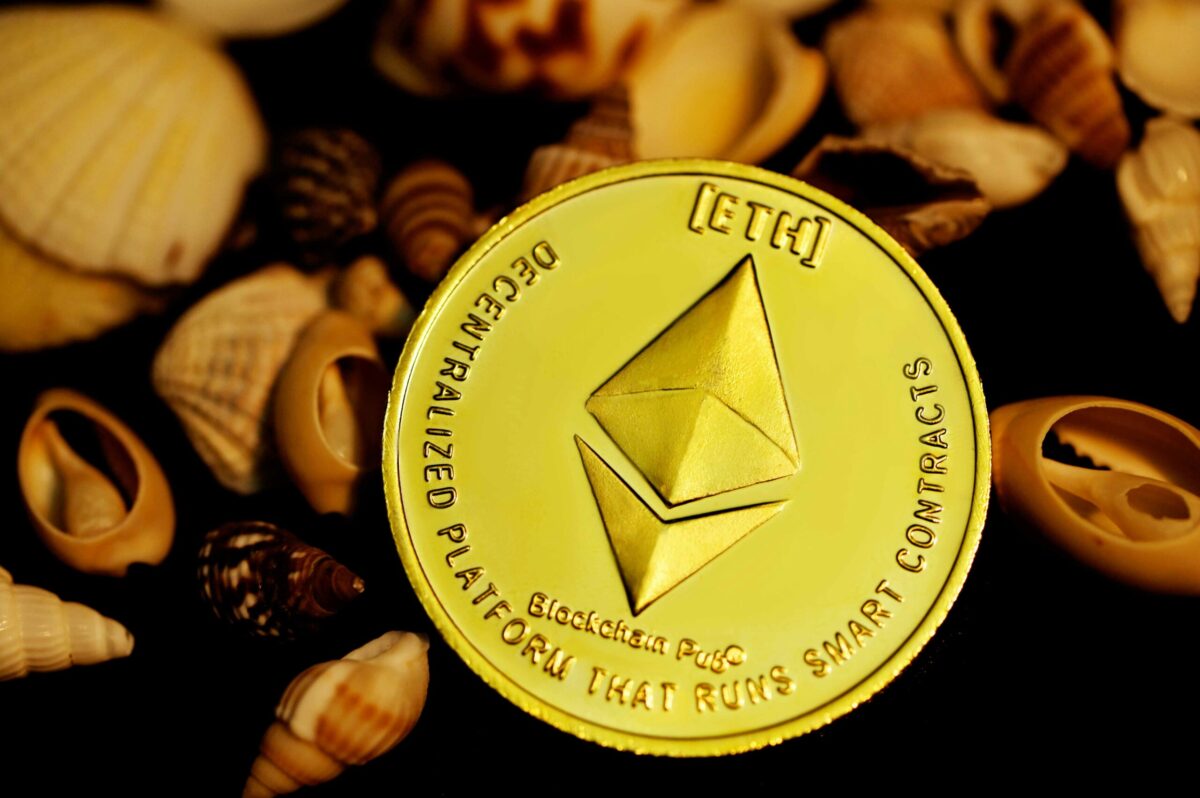On Thursday 20 April 2023, in a landmark move for crypto regulation, the European Parliament voted 517 in favour and 38 against to pass the Markets in Crypto Act – also known as MiCA.
The parliamentary move will now lead the way for MiCA to become law in the 27-country bloc next year in 2024 – putting the European continent ahead of the United States and United Kingdom.
The legislation, which aims to reduce crypto risks for consumers, will mean that providers can become liable if they lose investors’ crypto-assets.
EU lawmakers’ approval of MiCA marks a turning point for the cryptocurrency industry, as it establishes a comprehensive legal framework for crypto-assets and related services within Europe. This development is expected to have far-reaching implications for the industry, affecting not only crypto businesses and investors, but also the wider financial sector.
In a statement yesterday, the European Parliament said: “MiCA will cover crypto-assets that are not regulated by existing financial services legislation. Key provisions for those issuing and trading crypto-assets (including asset-reference tokens and e-money tokens) cover transparency, disclosure, authorisation and supervision of transactions.
“Consumers would be better informed about the risks, costs and charges linked to their operations. In addition, the new legal framework will support market integrity and financial stability by regulating public offers of crypto-assets.”
Stefan Berger, lead MEP for the MiCA regulation, said: “This puts the EU at the forefront of the token economy with 10,000 different crypto assets. Consumers will be protected against deception and fraud, and the sector that was damaged by the FTX collapse can regain trust. Consumers will have all the information they need and all underlying risks around crypto-assets will have to be monitored.
“We secured that the environmental impact disclosure will be taken into account by investors in crypto assets. This regulation brings a competitive advantage for the EU. The European crypto-asset industry has regulatory clarity that does not exist in countries like the US.”
So what is MiCA?
MiCA, short for ‘Markets in Crypto-Assets’, is a new regulation by the European Union aimed at providing a legal framework for cryptocurrencies, ICOs (Initial Coin Offerings), and other digital asset-related services. The goal of MiCA is to establish a comprehensive, synchronised set of rules for crypto-assets and related service providers operating within the EU.
The new MiCA regulation will exclude the DeFi (decentralised finance) industry and non-fungible tokens (NFTs).
What are the MiCA regulation key points?
- Licensing requirements: MiCA mandates that crypto-asset service providers obtain a license from their respective authorities to operate within the EU. This license enables providers to offer their services across all EU member states, ensuring a harmonised regulatory approach.
- Scope of services: The regulation covers a wide array of crypto-asset services, including custody and administration of crypto-assets, operation of trading platforms, exchange services between crypto-assets and fiat currencies, and advice on crypto-assets.
- Issuance of crypto-assets: Under MiCA, specific rules and requirements govern the issuance of crypto-assets. Issuers must publish a detailed prospectus to ensure transparency and provide investors with the necessary information for making informed decisions.
- E-money tokens and stablecoins: MiCA introduces specific provisions for e-money tokens and stablecoins, acknowledging their potential to become widely used as a means of payment. These provisions include additional capital, governance, and operational requirements to ensure their stability and safety.
The impact of MiCA on the European crypto industry
- Regulatory clarity: MiCA’s approval provides much-needed regulatory clarity for the crypto industry in the EU. By establishing a comprehensive legal framework, businesses can operate with greater confidence, while investors can make more informed decisions.
- Consumer protection: The regulation aims to enhance consumer protection by imposing strict transparency and disclosure requirements on crypto-asset service providers. This will help prevent fraudulent activities and protect consumers from potential losses.
- Institutional investment: The introduction of MiCA may encourage institutional investors to enter the crypto market due to increased regulatory oversight and consumer protection measures. This could lead to increased liquidity and market stability.
- Compliance challenges: Crypto-asset service providers will need to invest in resources and systems to ensure compliance with MiCA. This may pose challenges for smaller businesses that lack the resources to meet the stringent requirements.
- Competitive landscape: The introduction of MiCA may impact the competitive landscape of the crypto industry in the EU. Companies that can adapt to the new regulatory environment and meet the requirements to gain a competitive advantage, while those that cannot may face difficulties in maintaining their market position.
What MiCA will mean for businesses and investors?
- Opportunity for growth: MiCA’s approval presents the potential for growth for the European crypto industry. By providing a clear regulatory framework, businesses can expand their operations and attract new investors.
- Enhanced trust: The regulation is expected to increase faith in the European crypto market, both businesses and investors. By complying with MiCA, crypto-asset service providers can demonstrate their commitment to consumer protection.
MiCA also addresses environmental worries around crypto, with firms forced to disclose energy consumption.
Who and what will MiCA apply to?
Businesses covered by MiCA, or crypto-asset service providers (CASPs), include:
- Custodial wallets
- Exchanges for crypto to crypto transactions or crypto to fiat transactions
- Crypto-trading platforms
- Crypto-asset advising firms and crypto-portfolio managers
Though EU lawmakers still need to carry out checks for the new MiCA rules and publish the bill in the EU journal, the policy could go live as soon as next year, depending on the European Council vote. So far, a selection of crypto industry names have welcomed MiCA’s approval.
European commissioner for financial services, Mairead McGuinness, said: “I welcome the European Parliament’s vote today to approve comprehensive EU rules on crypto: a world first.
“The rules will start applying from next year. We’re protecting consumers and safeguarding financial stability and market integrity.”
Changpeng Zhao, CEO of crypto exchange Binance, tweeted: “The European Parliament voted for MiCA to be implemented. This means one of the world’s largest markets is introducing tailored regulations for crypto to protect users and support innovation.
“The fine details will matter, but overall we think this is a pragmatic solution to the challenges we collectively face.
“There are now clear rules of the game for crypto exchanges to operate in the EU. We’re ready to make adjustments to our business over the next 12-18 months to be in a position of full compliance.”
Meanwhile, Coinbase tweeted: “The @Europarl_EN‘s adoption of #MiCA is a pivotal moment for crypto regulation. This comprehensive framework will give crypto organizations the confidence to invest and grow in the region.”
Gemini co-founder Tyler Winklevoss said: “While US regulators have been busy infighting and refusing to provide the most basic of clarity for the crypto industry, the European Union just approved the MiCA regulation, which provides a comprehensive regulatory framework for crypto in Europe. It’s sad to see the US being left behind on such an important technology and its promise.”
Elsewhere, the Coin Bureau added: “Who would have thought that the EU would have been ahead of the curve with sensible regulations.”
In addition, the president of the European Central Bank, Christine Lagarde, proposed a ‘MiCA II’ in the future, suggesting that policymakers needed to engage a larger framework in response to the FTX collapse.
After the ‘transition period’ — 18 months after MiCAs eventual adoption — all EU crypto-businesses will need an authorisation to operate as a crypto-asset service provider.
FAQs
What is MiCA?
MiCA, short for ‘Markets in Crypto-Assets’, is a new regulation by the European Union aimed at providing a legal framework for cryptocurrencies, ICOs (Initial Coin Offerings), and other digital asset-related services.
What are the four types of crypto asset?
MiCA will regulate stablecoins including asset-referenced tokens (ARTs), e-money tokens (EMTs) and utility tokens.
Is Bitcoin regulated by MiCA?
The EU’s new MiCA rules will give customers greater protection and regulate crypto operators to curb money laundering.
As one of the main crypto asset, Bitcoin will of course be covered by MiCA.


